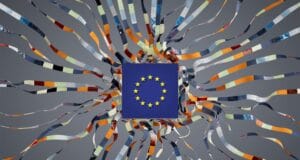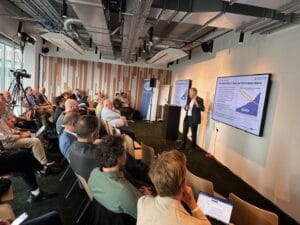The CoE-DSC is a central hub for knowledge, expertise and tools about data sharing. When parties need our support, and if conditions are met, we support them with expertise previously acquired in other project activities and use cases.
In July, we facilitated an exploratory workshop on using privacy enhancing technologies (PETs) in the contexts of Open Science. In this article, we share insights with you.
Sharing data to make research more efficient (YOUth project Open Science)
Within a research environment, collecting data for each study takes time. If researchers share their data with other researchers, they can reuse the same data and thus save time and resources. Within the YOUth project, researchers from Utrecht University and University Medical Center Utrecht collect longitudinal data on child development and share this data with researchers throughout the EU. Their goal is to create a database with diverse data that researchers in the EU can request access to.
The goal of this workshop was to explore the value potential of PETs for YOUth’s data sharing process, so they can enhance their current and future use cases. In the current process, a researcher submits a data request, which is then assessed by YOUth. If the request is approved and documentation has been signed, the requested data is prepared manually before it is sent to the researcher, for example the pseudonymisation of a sensitive data set to assure GDPR compliance. This process is time consuming and requires a lot of manual work (e.g. assessing data requests, preparing data).
PETs can enhance this process. For example, differential privacy provides a measure on how much personal data is exposed by a specific data analysis algorithm. It could allow YOUth to quantify the privacy level of an analysis mathematically, reducing manual assessment work. The use of PETs is already being explored in scientific circles as well. A learning for the CoE-DSC is that differential privacy has the potential to support the open science movement and that more work is needed to determine how this could support the YOUth project.
This use case demonstrates that PETs are widely applicable and can be used in many different data sharing use cases. Learn more about PETs in our whitepaper.
Do you have a use case idea that involves PETs and do you want to know more? Please contact us at info@coe-dsc.nl




